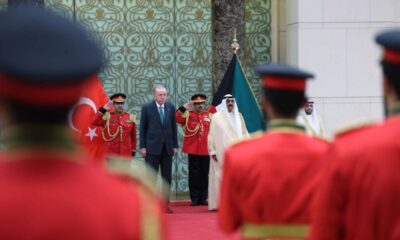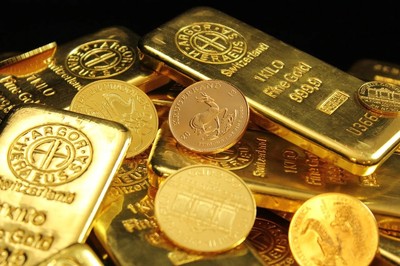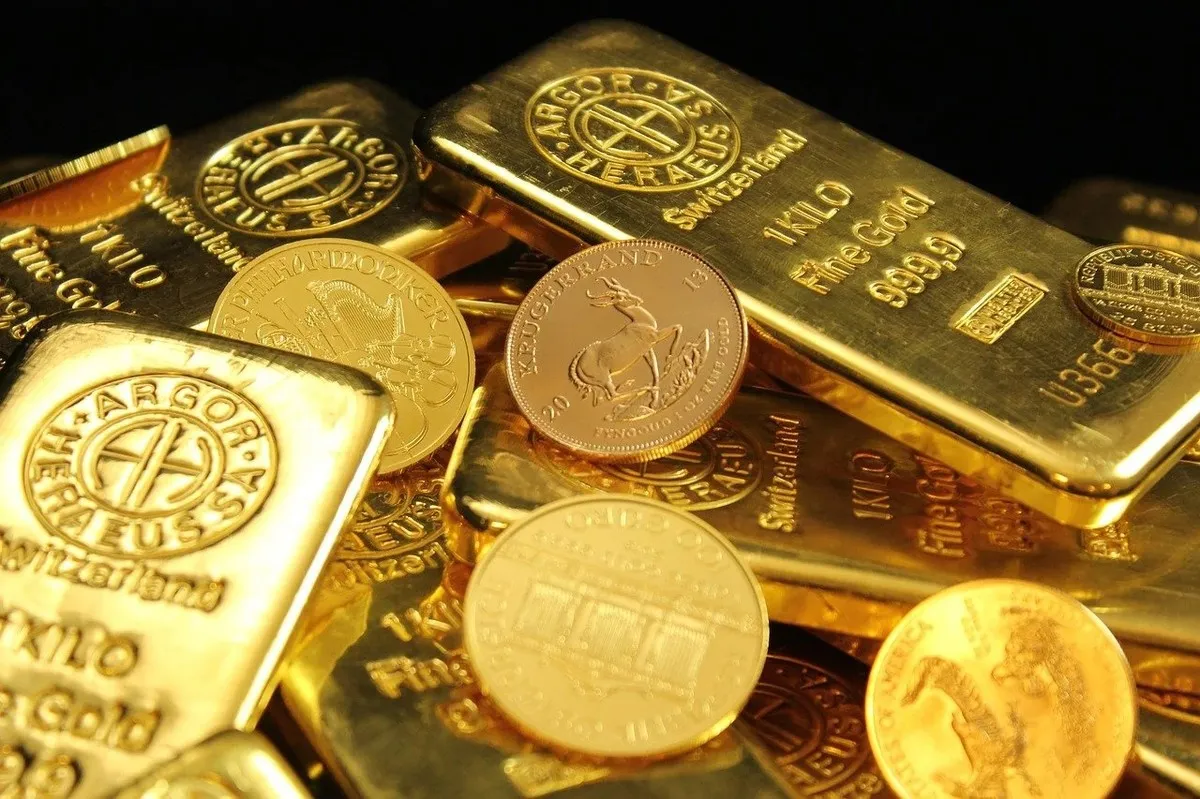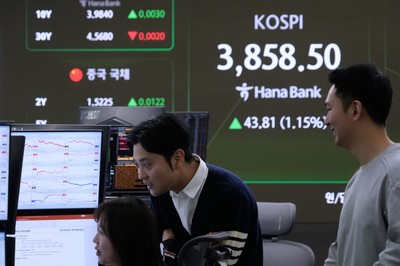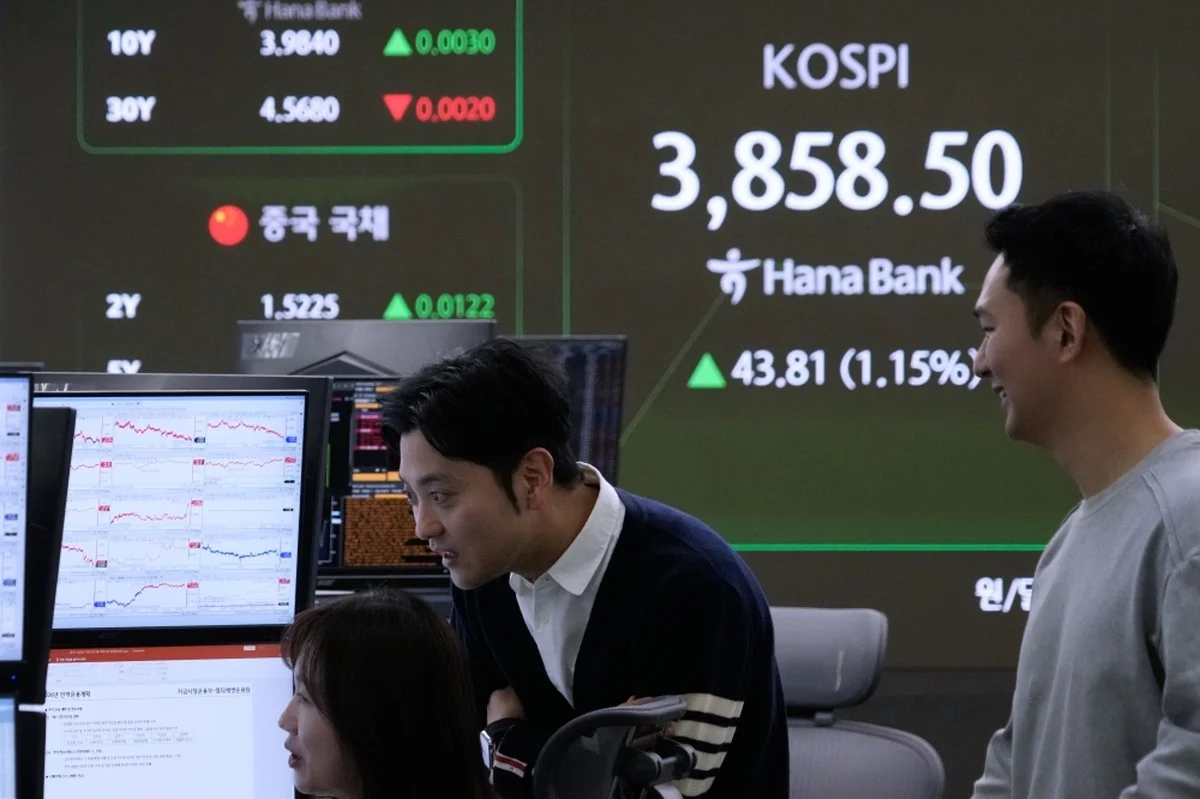KUWAIT CITY, Sept 29: Boursa Kuwait announced on Sunday that it will extend its continuous trading hours by 30 minutes, starting Sunday, October 12, as part of an initiative to enhance the investment environment and increase the attractiveness of the Kuwaiti capital market in line with international standards.
In an official statement, the stock exchange confirmed that continuous trading will now run from 9:00 a.m. to 1:00 p.m., instead of ending at 12:30 p.m. as previously scheduled. The closing auction session will follow from 1:00 p.m. to 1:10 p.m., and the final closing session will conclude the day’s trading from 1:10 p.m. to 1:15 p.m.
Boursa Kuwait emphasized that the extension is designed to enhance market efficiency, providing investors with more time to respond to market movements and execute trades. The additional trading time is expected to boost trading volume, deepen market liquidity, and enhance price transparency and stability.
“This step is part of our ongoing strategy to develop a robust and dynamic capital market that meets investor expectations and aligns with global market trends,” the bourse stated.
In addition to extending trading hours, Boursa Kuwait also announced modifications to its closing auction mechanism, following the Capital Markets Authority’s (CMA) approval of amendments to the exchange’s rulebook.
Under the new rules, investors can modify buy and sell orders throughout the entire 10-minute auction window, providing greater flexibility and responsiveness. Furthermore, the random closing period has been shortened from two minutes to the last 30 seconds, aiming to enhance market efficiency and execution precision.
The exchange confirmed that these updates have undergone extensive technical testing with all relevant capital market entities to ensure system readiness without compromising the speed and reliability of trade execution.
Boursa Kuwait CEO Mohammad Al-Osaimi noted that the reforms reflect a unified effort by the Capital Markets Authority, Boursa Kuwait, the Kuwait Clearing Company, banks, and brokerage firms to create a transparent, flexible, and globally competitive financial market.
“This decision reflects our commitment to delivering an environment that allows investors to implement their strategies effectively,” Al-Osaimi said. “It also supports Kuwait’s position as a regional and international financial destination.”
He added that these changes underscore Kuwait’s dedication to aligning its capital market operations with global market indicators and best practices, thus expanding its investor base both locally and internationally.
The trading hour extension and auction reforms form part of the second phase of the third stage of Kuwait’s capital market development program, launched in July 2025 under the leadership of the CMA.
Other key developments include the implementation of a central broker system, integration of cash settlement with settlement banks and the Central Bank of Kuwait, and the upgrade of brokerage firms to the qualified broker model. Additionally, sub-account structures within consolidated accounts have been introduced to enhance transparency and efficiency.
Looking ahead, Boursa Kuwait is expected to introduce new financial instruments before the end of the year, including exchange-traded funds (ETFs) and fixed-income products such as bonds and sukuk.
The reforms come amid strong market momentum. Kuwait’s All Share Index has surged 19% year-to-date, following an 8% gain in 2024, highlighting increasing investor confidence and robust capital inflows.
With the upcoming changes, Boursa Kuwait is poised to strengthen further its role as a leading capital market in the region, offering a more attractive, liquid, and accessible platform for both global and domestic investors.
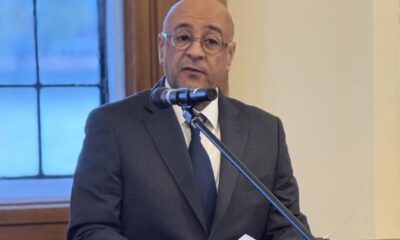
 Latest News16 hours ago
Latest News16 hours ago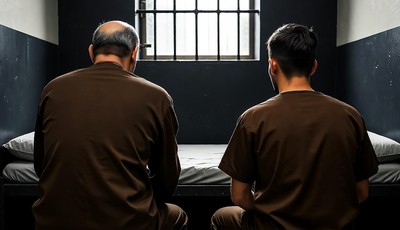
 Politics17 hours ago
Politics17 hours ago
 Business16 hours ago
Business16 hours ago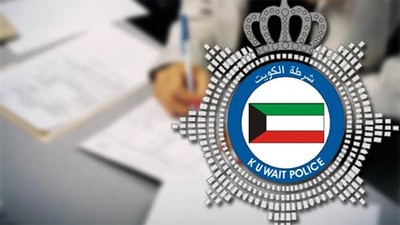
 Politics13 hours ago
Politics13 hours ago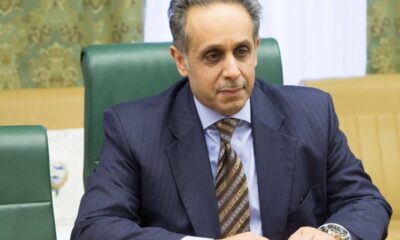
 Latest News22 hours ago
Latest News22 hours ago
 Politics14 hours ago
Politics14 hours ago
 Latest News15 hours ago
Latest News15 hours ago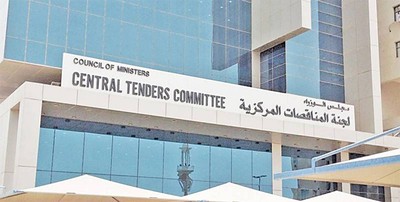
 Business17 hours ago
Business17 hours ago









